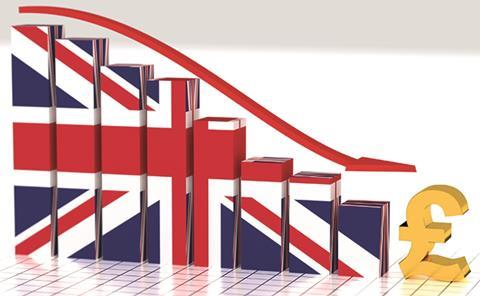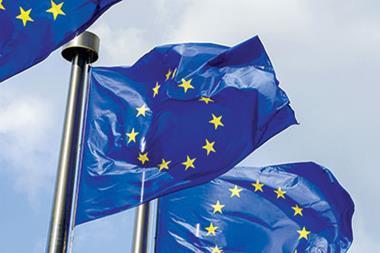Yes, the pollsters were wrong - again! After voting for Brexit, there was a collective gasp of surprise in the UK and tears in London as the reality set in.

Markets reacted with an immediate drop and while equities recovered relatively quickly, sterling and government bond yields did not, remaining at all-time lows and experiencing increased volatility.
It doesn’t feel like it’s been just three months since the EU referendum but so much has subsequently happened and it has been said that it feels like an age, further highlighting the magnitude of the decision. A positive surprise was the swift transition to a new prime minister and cabinet, removing the prospect of a political vacuum and helping stability.
However, commentators, ‘experts’ and laymen alike still have no idea what Brexit actually means. While “Brexit means Brexit” is a terrific politician’s answer, in reality there’s no clarity of plan.
Debating the true consequences of Brexit has only just begun here and on the continent. While the UK government is promising that whatever the effects, it “will work for the many and not the few”, it needs to appreciate that the EU has a big say in the negotiations and that all 27 members must agree on the outcome, or at least be coerced into agreement.
The timing of these discussions is also relevant as many of the issues that triggered the vote for Brexit are global trends. The US election is six weeks away and there are elections in Spain this year, and in Germany and France in 2017. All could result in uncertain outcomes and decision-making.
Turbulent times
As a result, there are numerous potential stumbling blocks along the way. Despite this, the three months post referendum have been better than expected. The sun has shone, the economy is still growing, deals are still being done and Scotland has not broken away. This belies the fact that recent survey data could be seen as a reversal of an earlier shock reaction.
There may also be a delay in the effects of uncertainty hitting the economy, although that does not mean it won’t happen. We are just three months into a long and potentially turbulent journey, probably of five years or more.
What does all this mean for real estate investors? For one, it means that the UK’s country risk premium should be higher. After years of relative stability, investors now need to think twice about the UK’s economic prospects, its political risk and its GDP growth.

It’s clear that there will be a negative impact on growth; the question is the magnitude and length of the hit. How the potential loss of passporting rights will affect the finance and insurance sectors will be at the forefront of investors’ minds when reviewing investments in London.
Some will argue that setting up elsewhere in Europe is prohibitively expensive and that there simply aren’t the skilled staff, but these costs will be far easier to swallow than the prospect of no business at all.
Global capital will not ignore the UK but investors will need compensation for the risk
That said, with additional risk, weaker growth and future uncertainty, speculative development should drop away, particularly in London, dramatically reducing supply and supporting rents. It must also be remembered that after several years of strong growth, businesses have expanded and London office vacancies are close to record lows.
Furthermore, global capital will not ignore the UK but investors will need compensation for the risk and associated volatility of potentially losing unfettered access to a market of 500 million people. In a world where low returns are prevalent and countries representing 25% of global GDP have negative interest rates, real asset allocations are increasing. UK assets will be considered in this context and in comparison with other international investment opportunities.
While we will get used to the uncertain backdrop relatively quickly, navigating our way through the drawn-out process, we need regular updates on negotiations (not necessarily a blow-by-blow account) and clarity on the framework for talks. However, as investors, we have to accept the reality of the situation and base our investment decisions on a reasoned view of the current environment and potential outcomes.
There are still deals to be done in the UK but pricing needs to reflect the fact we are likely to be in for a long period of uncertain negotiations with our EU neighbours and business partners. Pricing adjustments started in the market this summer but currently have further to go.
Anne Kavanagh is global head of asset management and transactions, AXA Investment Managers - Real Assets






























No comments yet